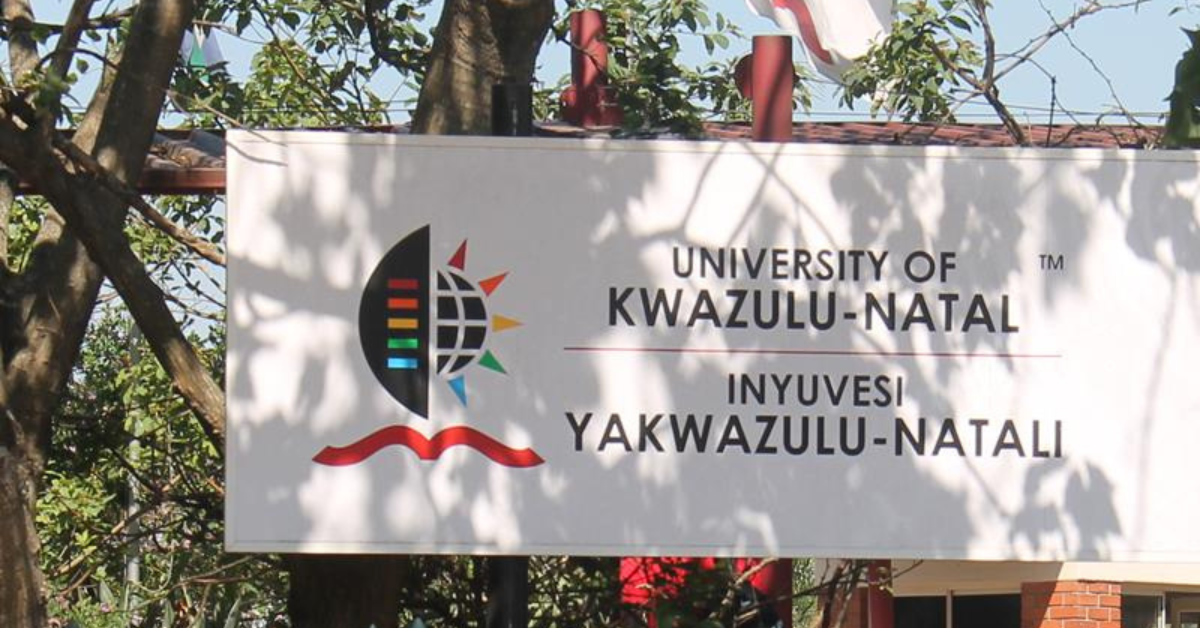The University of Pretoria (UP) is one of South Africa’s leading academic institutions, known for its innovative approach to education and research. Within the Faculty of Natural and Agricultural Sciences, the university offers a diverse range of programs that combine theoretical knowledge with practical application. These courses are tailored to address global challenges in food security, sustainability, technology, and biodiversity conservation, preparing students for impactful careers.
This article explores the courses offered within the Faculty of Natural and Agricultural Sciences, focusing on categories of courses, qualifications, admission requirements, and the application process.
How to Apply
1. Research the Programmes
Visit the University of Pretoria’s website to explore available courses, entry requirements, and career opportunities. Ensure the chosen program aligns with your career goals.
2. Prepare Your Application Documents
Applicants must have:
- Certified copies of academic transcripts and certificates.
- Proof of identification (passport for international students).
- Research proposal (for postgraduate applicants).
- Proof of English proficiency (e.g., TOEFL or IELTS) for non-native speakers.
3. Submit Your Online Application
- Create an account on UP’s application portal.
- Fill in the online application form.
- Upload the required documents.
- Pay the non-refundable application fee.
4. Selection and Notification
Applications are reviewed based on academic performance, and applicants meeting the requirements are notified of their acceptance.
5. Registration and Orientation
Successful applicants register online, pay tuition fees, and attend orientation sessions to prepare for their studies.
Categories of Courses
The Faculty of Natural and Agricultural Sciences at UP provides a variety of undergraduate and postgraduate programs. These are categorized into key disciplines that address the pressing needs of the modern world.
1. Biological Sciences
Biological Sciences explore the living world, from molecular biology to ecosystems, equipping students with skills to address issues such as climate change, biodiversity loss, and health.
Undergraduate Degrees:
- BSc Biological Sciences: Provides a broad foundation in biology, preparing students for specializations.
- BSc Biotechnology: Focuses on using biological processes for technological applications.
- BSc Ecology: Examines the interactions between organisms and their environment.
Postgraduate Degrees:
- Honors, Master’s, and PhD programs in Genetics, Microbiology, and Zoology.
2. Physical Sciences
Physical Sciences involve studying matter, energy, and the laws of nature, fostering careers in research, technology, and engineering.
Undergraduate Degrees:
- BSc Physics: Covers classical and modern physics, including quantum mechanics and thermodynamics.
- BSc Chemistry: Focuses on chemical analysis, synthesis, and industrial applications.
- BSc Geology: Examines Earth’s physical structure, mineral resources, and geological processes.
Postgraduate Degrees:
- Advanced research opportunities in Applied Physics, Analytical Chemistry, and Earth Sciences.
3. Mathematics and Statistics
This category develops analytical thinkers and problem-solvers who can apply mathematical principles to real-world problems.
Undergraduate Degrees:
- BSc Mathematics: Prepares students for careers in academia, finance, and data analysis.
- BSc Applied Mathematics: Focuses on mathematical methods for engineering, computing, and physics.
- BSc Statistics: Emphasises data interpretation, probability theory, and predictive modeling.
Postgraduate Degrees:
- Honours, Master’s, and PhD programs in Pure Mathematics, Applied Mathematics, and Statistics.
4. Agricultural and Food Sciences
Agricultural Sciences aim to improve food production, sustainability, and food security, while Food Sciences focus on food quality, processing, and safety.
Undergraduate Degrees:
- BSc Agriculture: Specialises in Crop Science, Horticulture, or Soil Science.
- BSc Food Science: Combines biology, chemistry, and engineering for food development.
- BSc Agricultural Economics: Focuses on economic principles applied to agriculture and agribusiness.
Postgraduate Degrees:
- Advanced studies in Agricultural Economics, Animal Science, and Food Technology.
5. Environmental Sciences
Environmental Sciences tackle global challenges such as pollution, resource depletion, and climate change.
Undergraduate Degrees:
- BSc Environmental Sciences: Prepares students for careers in environmental management and policy.
- BSc Geoinformatics: Combines geography and technology for spatial analysis.
Postgraduate Degrees:
- Research-focused programs in Environmental Management and Geospatial Science.
6. Informatics and Computer Science
These courses blend natural sciences with technology, creating graduates capable of addressing technological and environmental challenges.
Undergraduate Degrees:
- BSc Computer Science: Focuses on algorithms, programming, and artificial intelligence.
- BSc Information and Knowledge Systems: Combines IT with business applications.
Postgraduate Degrees:
- Master’s and PhDs in Data Science, Artificial Intelligence, and Bioinformatics.
Qualifications
1. Undergraduate Qualifications
- Bachelor of Science (BSc): Offered across various disciplines, providing foundational knowledge and skills.
- BScAgric (Bachelor of Science in Agriculture): A specialized degree focusing on agricultural science and technology.
2. Postgraduate Qualifications
- Honors Degrees: Advanced, discipline-specific studies following a bachelor’s degree.
- Master’s Degrees: Research or coursework programs focusing on specialized topics.
- Doctoral Degrees (PhD): Research-intensive qualifications aimed at contributing to academic and industry knowledge.
Course Requirements
1. Undergraduate Admission Requirements
- National Senior Certificate (NSC): A matriculation certificate with university exemption.
- Minimum APS Score: APS requirements vary by program, generally ranging between 28 and 34.
- Specific Subject Requirements:
- Mathematics: A minimum of 60-70% for most science-related degrees.
- Physical Sciences: At least 60-70% for disciplines such as Physics and Chemistry.
- Life Sciences: Required for degrees in Biological and Agricultural Sciences.
- English: A minimum of 50-60% for language proficiency.
2. Postgraduate Admission Requirements
- Relevant Bachelor’s Degree: Undergraduate qualification in a related field with strong academic performance.
- Minimum Grades: Honours programs typically require a 60-65% average.
- Research Proposal: For research-based master’s and PhD programs, a detailed proposal is necessary.
- Professional Experience: Certain programs may consider work experience as part of the criteria.
Why Choose the University of Pretoria for Natural and Agricultural Sciences?
1. World-Class Facilities
UP provides state-of-the-art laboratories, research farms, and computing facilities.
2. Industry Partnerships
The faculty collaborates with local and international organizations, offering students internship opportunities and industry exposure.
3. Global Recognition
Degrees from UP are internationally accredited, enhancing graduates’ employability worldwide.
4. Research Excellence
The faculty contributes to groundbreaking research in sustainability, food security, and technological innovation.
5. Diverse Career Opportunities
Graduates find roles in agriculture, environmental consulting, biotechnology, academia, and beyond.
Conclusion
The Faculty of Natural and Agricultural Sciences at the University of Pretoria is a hub of innovation and academic excellence. It equips students with the skills to tackle some of the world’s most pressing challenges, from environmental sustainability to technological advancement. With a wide range of programs and cutting-edge research opportunities, the faculty stands out as a leader in preparing future scientists and innovators.
For more information or to begin your application journey, visit the University of Pretoria’s official website.



